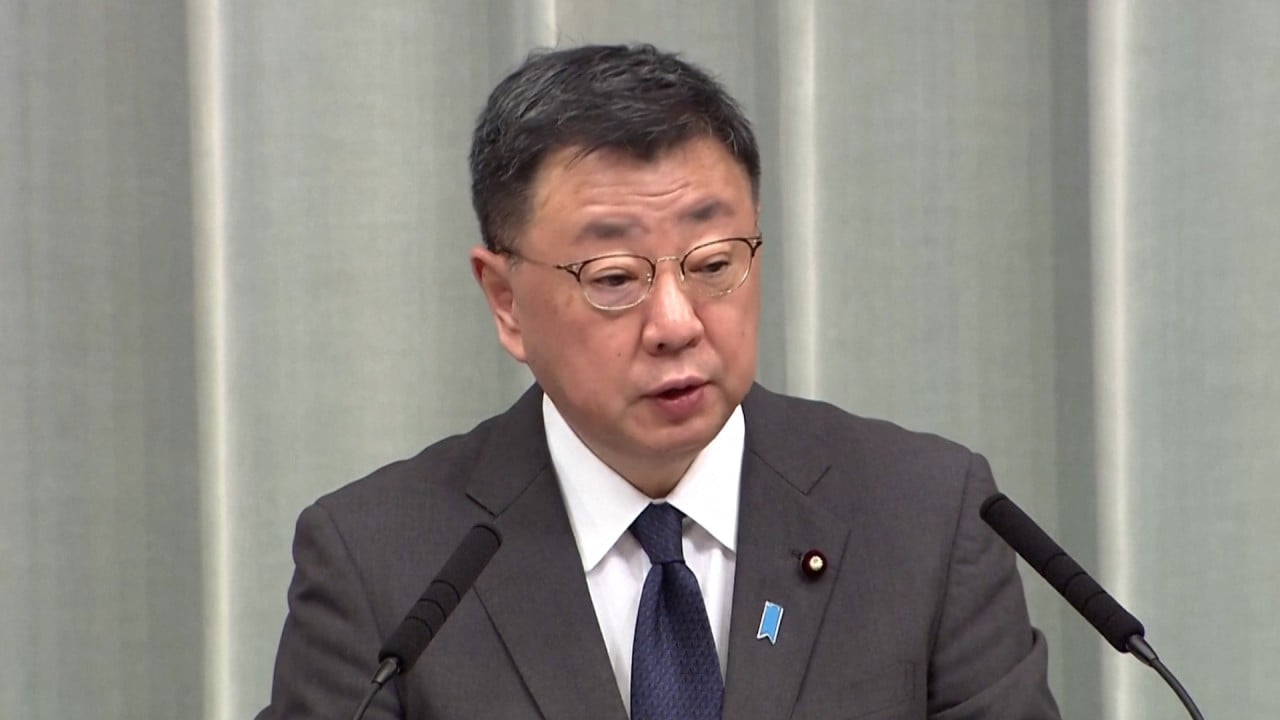‘10 cups of tea’: for first time China’s top intelligence agency spells out reasons for questioning by authorities
China says it detained ‘foreign spy’ accused of passing secrets to MI6
The updated counter-espionage law that came into effect in July expanded both the definition of spying and the investigative powers of national security law enforcement agencies.
The Ministry of State Security’s WeChat article acknowledged that the phrase “invitation for a tea” had become an internet buzzword to mean “being summoned or investigated for suspected offences”.
It warned individuals and organisations against illegally producing, selling, holding or using spy devices such as wiretapping and interception devices.
The ministry also drew attention to an aspect of the anti-espionage law regarding construction projects in security control areas surrounding important units and facilities which it said were subject to the approval of state security agencies.
The ministry said the legal provision aimed to “detect and prevent in a timely manner” the use of construction projects by foreign spy agencies.
Foreigners found violating the anti-espionage law could be ordered to leave the country within a designated period and violating the official decision could trigger a summons.
China targets devices it says are used to send flight data to ‘foreign entities’
While listing the conditions that could trigger a summons, the ministry added a warning that other acts that endanger national security could also lead to legal consequences.
“The whole society should firmly establish the concept of national security,” the ministry said in the article.
It called on “joint hands to build a solid barrier to safeguard national security”.
